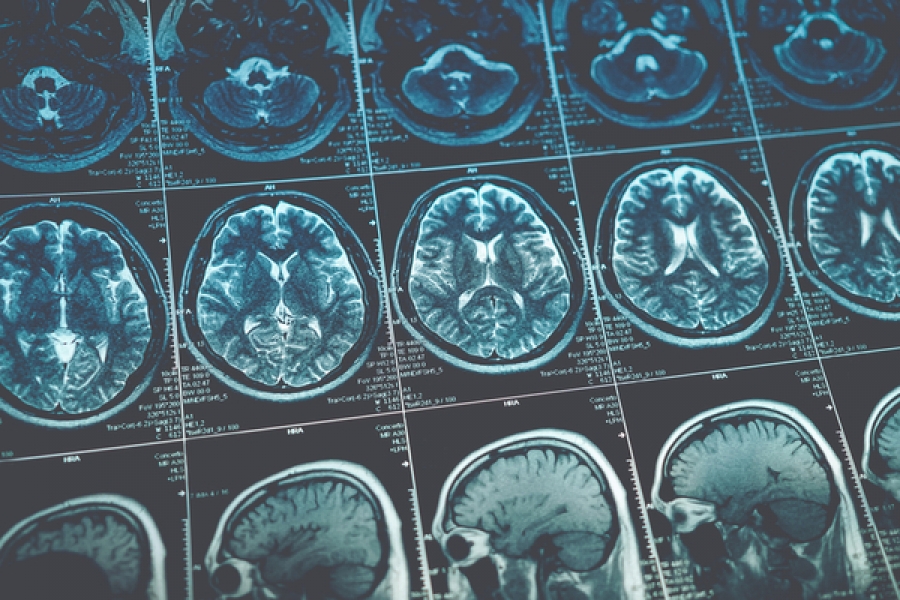Our brains impact everything we do, from the way we think to the way we move and act. And if an imbalance or injury in the brain occurs, it can lead to a number of difficult-to-deal-with symptoms and conditions. Often, these are treated with prescription medication, which can come with a number of undesirable side effects. And rather than treating the problem at the source, they usually only mask the symptoms. For some people, those meds may even do more harm than good with their long list of side effects. Thankfully, medication is not the only treatment option available. If you’re struggling with a mental health disorder or brain-based condition, it’s worth considering neurofeedback. Today, we’re answering commonly asked questions about Dallas neurofeedback treatments.
1. What is neurofeedback treatment?
Neurofeedback, or EEG biofeedback, is biofeedback for the brain. This therapy uses real-time displays of brainwave activity to teach self-regulation of brain function. Neurofeedback combines the behavior-changing power of operant conditioning with neuroplasticity, which also the brain to create new neural pathways through reward-based learning.
2. How does neurofeedback work?
Though neurofeedback might sound complicated, it’s actually based on a simple learning theory. In order for you to learn a new skill (in this case, self-regulation), you need two components present: feedback and practice. The more you practice, the more second-nature something becomes. This is true for any skill you acquire: Repetition is key.
During a neurofeedback treatment session, electrodes are placed on your scalp, which are used to measure your brainwave activity. When your brainwave frequency falls within normal or optimal ranges, a reward is given. When they fall outside normal ranges, the reward is taken away. Over time, this repetitive practice helps lead to long-lasting changes in the way your brain functions.
3. What does neurofeedback treat?
Neurofeedback can be used to treat a wide range of mental health disorders and brain-based conditions, including ADHD, anxiety, ASD, concussions, depression, mood disorders, migraines, memory loss, PTSD, sleep-related disorders, and traumatic brain injuries.
4. Do you have to stop taking medication to receive neurofeedback treatment?
No, neurofeedback therapy can work while you’re taking your regular medication. However, many participants find they can reduce or even altogether eliminate the need for medication with this therapy. Just be sure to consult with your doctor if you’re interested in trying to reduce your medication throughout the training process.
5. Are there any side effects associated with neurofeedback treatment?
There are none to worry about! Neurofeedback is an all-natural, non-invasive treatment that is free from any major side effects. This is one of the many reasons neurofeedback is being recommended by more and more health professionals.
6. Do the electrodes deliver an electric shock?
No, the electrodes don’t deliver any shock. They’re used only to measure your brainwave activity.
7. Are the effects of neurofeedback treatment long-term?
Yes, neurofeedback can help you achieve long-term relief from the symptoms you’re experiencing. But just like any other skill, tune-ups are necessary to stay sharp. After your initial training period ends, we recommend quarterly tune-ups to ensure your brain stays happy and healthy.
Learn more about Dallas neurofeedback treatment
If you’re ready to give neurofeedback treatment a try, reach out to us at Braincode Centers. Our all-natural approach to mental health and brain-based treatment can help you take back control of your life.
Schedule a free consultation today to get started with your Dallas neurofeedback treatment.

